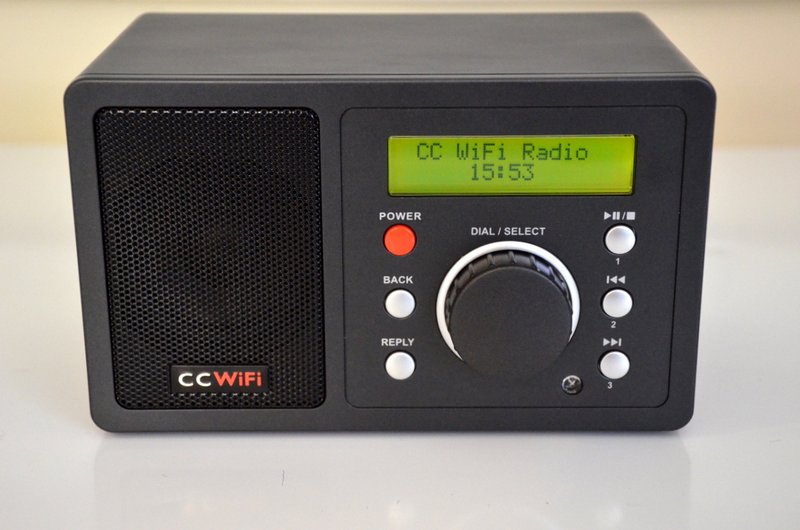(Source: Southgate ARC)
A petition calling on the BBC to reinstate its internet radio stations to third-party apps has attracted nearly 2,000 signatures.
The petition is asking the broadcaster to reverse its decision to remove BBC stations from TuneIn, a popular app for listening to live internet radio.
The BBC removed its streams from the service at the end of September.
In a blogpost at the time, the BBC said that it was making the move because services like TuneIn do not allow it to collect data on its streams.
Kieran Clifton, the BBC’s director of distribution and business development, said: “We want our programmes, products and services to be the best they can be. And a major way we ensure that is by using meaningful data. Data is more and more important – as it helps us to make more types of programmes we know people like, and equally importantly, identify gaps in our commissioning to ensure we’re making something for all audiences. We also use the data collected about what you watch, listen to or read online to offer personalised programme recommendations – and make our services even more tailored to you.
“When we make our programmes available via third parties, we ask that those platforms either allow you to sign into your BBC account – or provide us with meaningful data directly. Unfortunately, TuneIn doesn’t do either of these, so we couldn’t reach a data sharing agreement with them.”
According to the petition, however, the move means that many listeners with digital radio devices can no longer listen to BBC stations.
The petition’s creator, Julian Prokaza, said: “The changes mean that a great many new internet devices are now effectively obsolete for people who used them mainly to listen to BBC radio.
“The changes also do not abide by the BBC remit of ‘making sure you can watch and listen to our programmes in ways that are both easy and convenient for you.’
“The BBC should restore its TuneIn streams immediately and maintain them at least until fully functional replacement services for affected devices are available.”


It is much cheaper to distribute radio programs using DAB+, DRM and even DAB for the broadcaster and the listener than to use the mobile phones and the internet.
The main reason for this is that;
1. The internet and mobile phones are designed for two way communications and for broadcasting is a one way activity, so half of the return path is not required except to start and stop the delivery of the programs.
2. The cost increases exponentially as the number of simultaneous listeners increases and we are talking millions of listeners.
DAB+, DRM and HD radio are all capable of delivering web addresses to the radio, which could be used to send a message to the broadcaster to say when the radio was decoding a particular program, freeing up the mobile phone/broadband for other uses. This is Hybrid radio.
Also remember back in May all receivers using Frontier Silicon Chip sets’ streaming stopped working due to Vtuner collapse. https://omny.fm/shows/james-cridland/for-internet-radio-there-may-be-trouble-ahead
FYI – other stories have mentioned this is a UK-only ban from TuneIn – I just check on the app in the US and it appears to be working.
Still, dumb idea for a public broadcaster to restrict access like this.
Yeah, it’s UK-only (and it’s BBC who’s removed their streams, not TuneIn ‘banning’ them).
From https://www.bbc.co.uk/blogs/aboutthebbc/entries/37e4e3f6-fbd2-4c14-8d72-7f7139641582
“I hope you find this helpful and explain why we’re making these changes in the UK. Outside the UK, our services with TuneIn will continue as is”
That makes sense, because the heart of the problem is lack of audience metrics – and for the stations concerned, the BBC’s interest in that respect only extends to domestic-market listeners.
What’s odd is that I can still access some BBC streams via TuneIn. World Service feeds still work, Radio 5 Live part of the time, Radio 4 LW not at all.
I hope they work this out – it’s a bit of a pain to have to switch between listening apps and web sites just to listen to your favorite stations. (Yeah, I know, modern problems…)